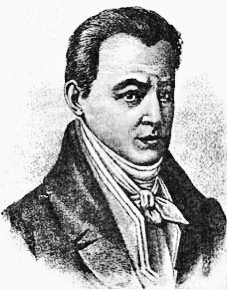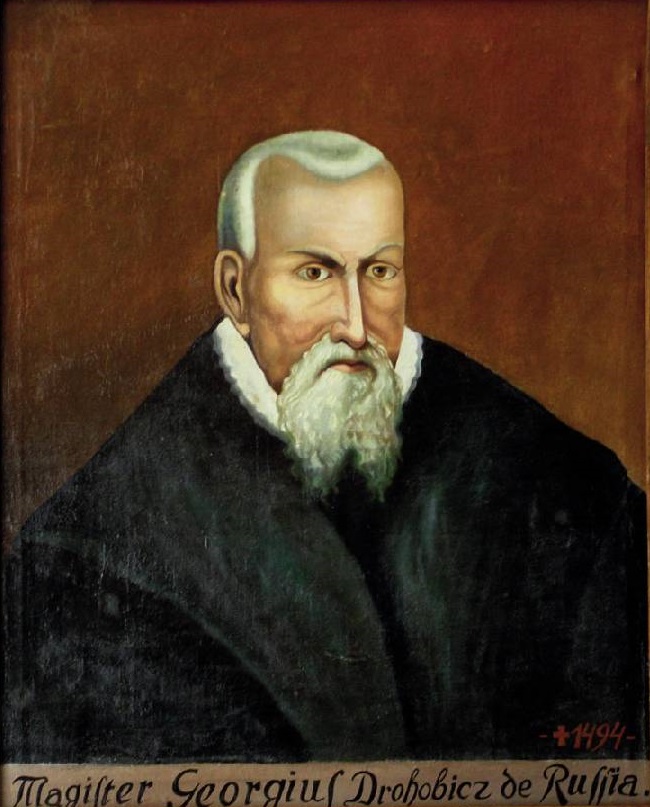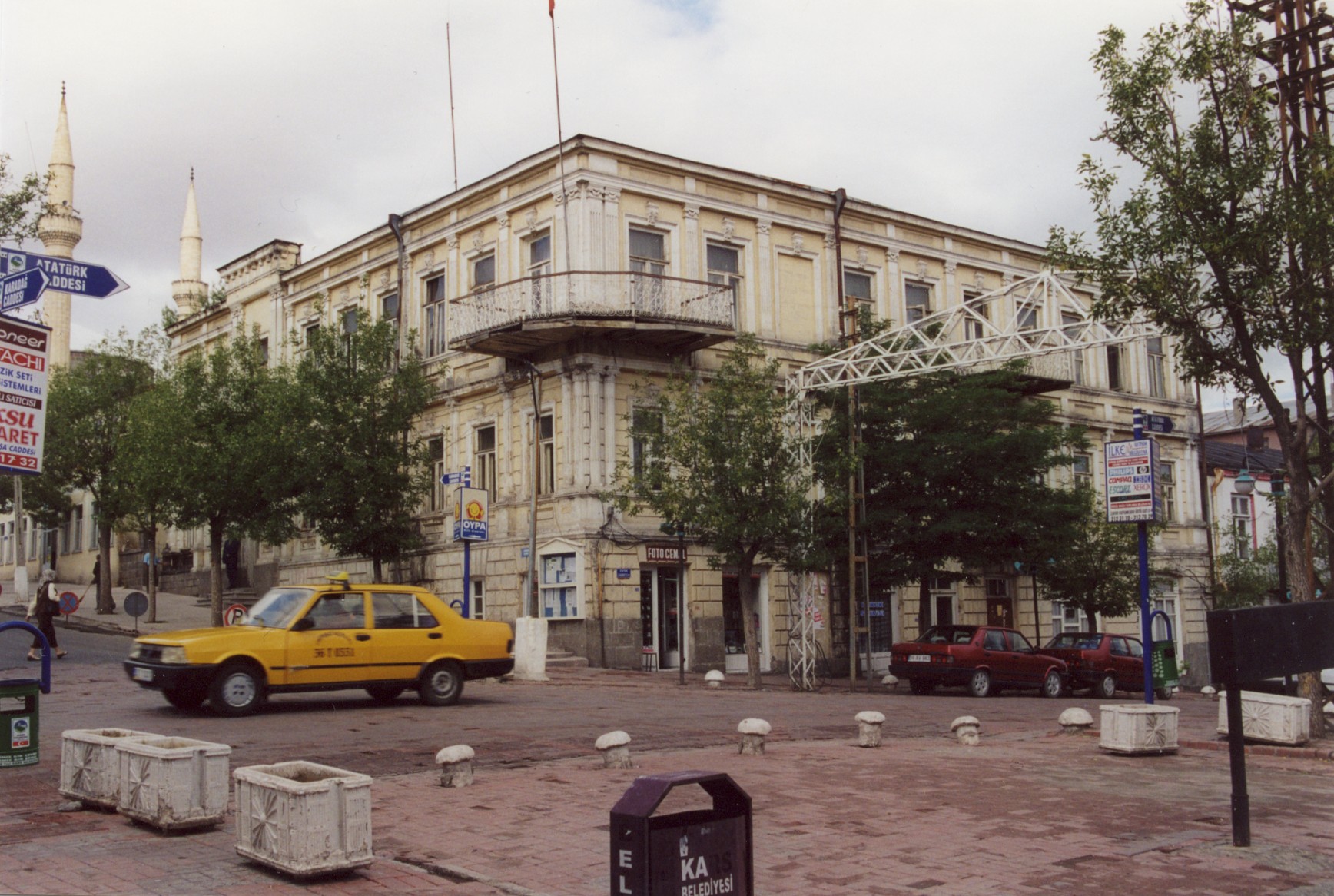|
Ukrainian-language Literature
The term Ukrainian literature () is normally used to describe works of literature written in the Ukrainian language. In a broader sense it can also relate to all literary works created in the territory of Ukraine. Ukrainian literature mostly developed under foreign domination over Ukrainian territories, foreign rule by the Polish–Lithuanian Commonwealth, Poland, the Russian Empire, the Kingdom of Romania, the Austria-Hungary Empire, and the Ottoman Empire, enriched Ukrainian culture and language, and Ukrainian authors were able to produce a rich literary heritage. Ukrainian literature can be traced back to Kievan Rus' when Rus' chronicles and Epic poetry were written in Old Church Slavonic and Church Slavonic. Oral folktale also appeared at the time. Old Church Slavonic was divided into Ukrainian, Russian, and Belarusian. Ukrainian culture was thriving under the rule of . But after the collapse of Kievan Rus', it was divided into an eastern and western part in terms of pol ... [...More Info...] [...Related Items...] OR: [Wikipedia] [Google] [Baidu] |
Soviet Union
The Union of Soviet Socialist Republics. (USSR), commonly known as the Soviet Union, was a List of former transcontinental countries#Since 1700, transcontinental country that spanned much of Eurasia from 1922 until Dissolution of the Soviet Union, it dissolved in 1991. During its existence, it was the list of countries and dependencies by area, largest country by area, extending across Time in Russia, eleven time zones and sharing Geography of the Soviet Union#Borders and neighbors, borders with twelve countries, and the List of countries and dependencies by population, third-most populous country. An overall successor to the Russian Empire, it was nominally organized as a federal union of Republics of the Soviet Union, national republics, the largest and most populous of which was the Russian SFSR. In practice, Government of the Soviet Union, its government and Economy of the Soviet Union, economy were Soviet-type economic planning, highly centralized. As a one-party state go ... [...More Info...] [...Related Items...] OR: [Wikipedia] [Google] [Baidu] |
Theophan Prokopovich
Theophan or Feofan Prokopovich (; ; ) was a Russian Orthodox bishop, theologian, pietist, writer, poet, mathematician, astronomer, pedagogue and philosopher of Ukrainian origin. He was the rector of the Academia Mohileana in Kiev (1711–1716), the bishop of Pskov (1718–1725), and the archbishop of Novgorod (1725–1736). Prokopovich elaborated upon and implemented Peter the Great's reform of the Russian Orthodox Church; he served as the first vice-president of the Most Holy Synod from 1721, which replaced the office of the patriarch. Prokopovich also wrote many religious verses and some of the most enduring sermons in the Russian language. Biography Childhood and education Theophan (born Eleazar or Elisei) Prokopovich was born in Kiev, Cossack Hetmanate, a vassal state under the Tsardom of Russia. His father, Tsereysky, was a shopkeeper from Smolensk. After the death of his parents, Eleazar was adopted by his maternal uncle, Feofan Prokopovich. Feofan Prokopovich was ... [...More Info...] [...Related Items...] OR: [Wikipedia] [Google] [Baidu] |
Stanisław Orżechowski Roxolan
Stanislav and variants may refer to: People *Stanislav (given name), a Slavic given name with many spelling variations (Stanislaus, Stanislas, Stanisław, etc.) Places * Stanislav, Kherson Oblast, a coastal village in Ukraine * Stanislaus County, California * Stanislaus River, California * Stanislaus National Forest, California * Place Stanislas, a square in Nancy, France, World Heritage Site of UNESCO * Saint-Stanislas, Mauricie, Quebec, a Canadian municipality * Stanizlav, a fictional train depot in the game '' TimeSplitters: Future Perfect'' * Stanislau, German name of Ivano-Frankivsk, Ukraine Schools * St. Stanislaus High School, an institution in Bandra, Mumbai, India * St. Stanislaus High School (Detroit) * Collège Stanislas de Paris, an institution in Paris, France * California State University, Stanislaus, a public university in Turlock, CA * St Stanislaus College (Bathurst), a secondary school in Bathurst, Australia * St. Stanislaus College (Guyana), a secondary school ... [...More Info...] [...Related Items...] OR: [Wikipedia] [Google] [Baidu] |
Yuriy Drohobych
Yuriy Drohobych or Yuriy Kotermak (1450 – 4 February 1494) was a Ruthenian philosopher, astronomer, writer, medical doctor, rector of the University of Bologna, and professor of Kraków Academy, and the first publisher of a Church Slavonic printed text. He is the author of ''Iudicium Pronosticon Anni 1483 Currentis''. Biography Yuriy Drohobych was born in the city of Drohobych in Red Ruthenia, or ''Ruthenia Rubra'' (modern day Western Ukraine), to the salt maker Michael-Donat. He received his primary education in the local parochial school in St. George's Church and then studied at a lyceum in Lviv (), or Leopolis, in Ukraine (then Ruthenian Voivodeship of the Kingdom of Poland). Education In 1468 or early 1469 Drohobych entered the Jagiellonian University (Uniwersytet Jagielloński) in Kraków. Two years later he received his bachelor's degree and in 1473 his master's. He taught during the summer and participated in scientific discussions on Saturdays and Sundays. After he ... [...More Info...] [...Related Items...] OR: [Wikipedia] [Google] [Baidu] |
Gregory Skovoroda
Hryhorii Skovoroda, also Gregory Skovoroda or Grigory Skovoroda (; , ; , ; 3 December 1722 – 9 November 1794), was a philosopher of Ukrainian Cossack origin who lived and worked in the Russian Empire. He was a poet, a teacher and a composer of liturgical music. His significant influence on his contemporaries and succeeding generations and his way of life were universally regarded as Socratic, and he was often called a "Socrates". Skovoroda, whose native tongue was vernacular Ukrainian, wrote his texts in a mixture of three languages: Church Slavonic, Ukrainian, and Russian, with some elements from Latin and Greek and a large number of Western-Europeanisms. Different views exist about how to characterize the base language upon which he developed his highly individual idiom. One scholar has identified this base language as the variety of Russian spoken by the upper classes in Kharkiv and the surrounding Sloboda Ukraine region; this version of Russian contained many Ukrainianis ... [...More Info...] [...Related Items...] OR: [Wikipedia] [Google] [Baidu] |
Latin
Latin ( or ) is a classical language belonging to the Italic languages, Italic branch of the Indo-European languages. Latin was originally spoken by the Latins (Italic tribe), Latins in Latium (now known as Lazio), the lower Tiber area around Rome, Italy. Through the expansion of the Roman Republic, it became the dominant language in the Italian Peninsula and subsequently throughout the Roman Empire. It has greatly influenced many languages, Latin influence in English, including English, having contributed List of Latin words with English derivatives, many words to the English lexicon, particularly after the Christianity in Anglo-Saxon England, Christianization of the Anglo-Saxons and the Norman Conquest. Latin Root (linguistics), roots appear frequently in the technical vocabulary used by fields such as theology, List of Latin and Greek words commonly used in systematic names, the sciences, List of medical roots, suffixes and prefixes, medicine, and List of Latin legal terms ... [...More Info...] [...Related Items...] OR: [Wikipedia] [Google] [Baidu] |
Middle Ages
In the history of Europe, the Middle Ages or medieval period lasted approximately from the 5th to the late 15th centuries, similarly to the post-classical period of global history. It began with the fall of the Western Roman Empire and transitioned into the Renaissance and the Age of Discovery. The Middle Ages is the middle period of the three traditional divisions of Western history: classical antiquity, the medieval period, and the modern period. The medieval period is itself subdivided into the Early, High, and Late Middle Ages. Population decline, counterurbanisation, the collapse of centralised authority, invasions, and mass migrations of tribes, which had begun in late antiquity, continued into the Early Middle Ages. The large-scale movements of the Migration Period, including various Germanic peoples, formed new kingdoms in what remained of the Western Roman Empire. In the 7th century, North Africa and the Middle East—once part of the Byzantine Empire� ... [...More Info...] [...Related Items...] OR: [Wikipedia] [Google] [Baidu] |
Derussification
Derussification (or derussianization) is a process or public policy in different states of the former Russian Empire and the Soviet Union or certain parts of them, aimed at restoring national identity of indigenous peoples: their language, culture and historical memory, lost due to Russification. The term may also refer to the marginalization of the Russian language, culture and other attributes of the Russian-speaking society through the promotion of other, usually Indigenism, autochthonous, languages and cultures. After the collapse of the Russian Empire Early derussification processes manifested themselves in the newly independent states that emerged after the Russian Revolution, collapse of the Russian Empire in 1917, such as Second Polish Republic, Poland, Finland, Democratic Republic of Georgia, Georgia, Estonia, Latvia, and Lithuania. Kars After the Treaty of Moscow (1921) transferred the Kars Oblast and a number of adjacent territories to Turkey, almost all Christians, ... [...More Info...] [...Related Items...] OR: [Wikipedia] [Google] [Baidu] |
Ukrainianization
Ukrainization or Ukrainisation ( ) is a policy or practice of increasing the usage and facilitating the development of the Ukrainian language and promoting other elements of Ukrainian culture in various spheres of public life such as education, publishing, government, and religion. The term is also used to describe a process by which non-Ukrainians or Russian-speaking Ukrainians are assimilated to Ukrainian culture and language, either by individual choices or as a result of social processes or policies. In Western historiography, the term ''Ukrainization'' refers also to a policy and resulting process of forcing ethnic minorities living on Ukrainian territories to abandon their ethnic identity by means of the enforced assimilation of Ukrainian culture and identity. During the aftermath of World War II, in the Ukrainian SSR this process had been preceded by the expulsion of some ethnic minoritiesNorman Davies, '' God's Playground, a History of Poland'', Columbia University Press ... [...More Info...] [...Related Items...] OR: [Wikipedia] [Google] [Baidu] |
Brotherhood Of Saints Cyril And Methodius
The Brotherhood of Saints Cyril and Methodius (; ) was a short-lived secret political society that existed in Kiev (now Kyiv, Ukraine), at the time a part of the Russian Empire. The organization predated the Spring of Nations in Eastern Europe just by few years. Founded in December 1845 or in January 1846, the society sought to revive the ideals of the traditional Ukrainian brotherhoods and envisioned a Ukrainian language revival, including national autonomy within a free and equal Slavic federation. It was quickly suppressed by the government in March 1847 with most of the members punished by internal exile or imprisonment. The goals of the society were liberalisation of the political and social system of the Imperial Russia in accordance with the members Christian principles and the Slavophile views that gained popularity among the country's liberal intelligentsia. Created under the initiative of Mykola Kostomarov (1818-1885), an historian of Russia and Ukraine, the societ ... [...More Info...] [...Related Items...] OR: [Wikipedia] [Google] [Baidu] |
Odesa
Odesa, also spelled Odessa, is the third most populous List of cities in Ukraine, city and List of hromadas of Ukraine, municipality in Ukraine and a major seaport and transport hub located in the south-west of the country, on the northwestern shore of the Black Sea. The city is also the administrative centre of the Odesa Raion and Odesa Oblast, as well as a multiethnic cultural centre. As of January 2021, Odesa's population was approximately On 25 January 2023, its Historic Centre of Odesa, historic city centre was declared a World Heritage Site and added to the List of World Heritage in Danger by the UNESCO World Heritage Committee in recognition of its multiculturality and 19th-century urban planning. The declaration was made in response to the Odesa strikes (2022–present), bombing of Odesa during the Russian invasion of Ukraine, which has damaged or destroyed buildings across the city. In classical antiquity a large Greek settlement existed at its location no later than t ... [...More Info...] [...Related Items...] OR: [Wikipedia] [Google] [Baidu] |






